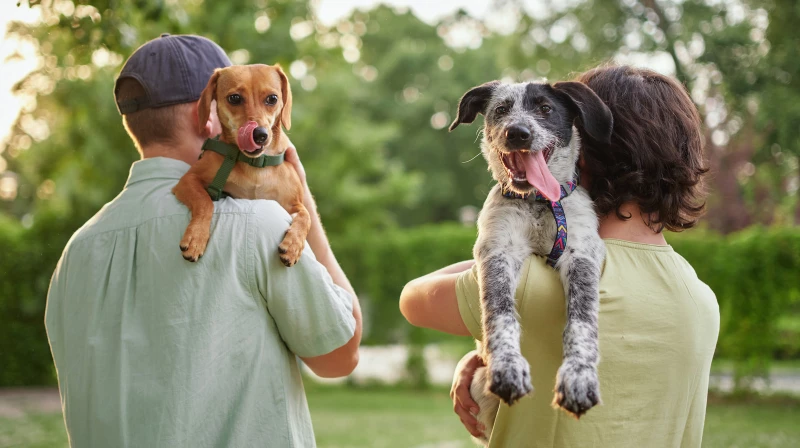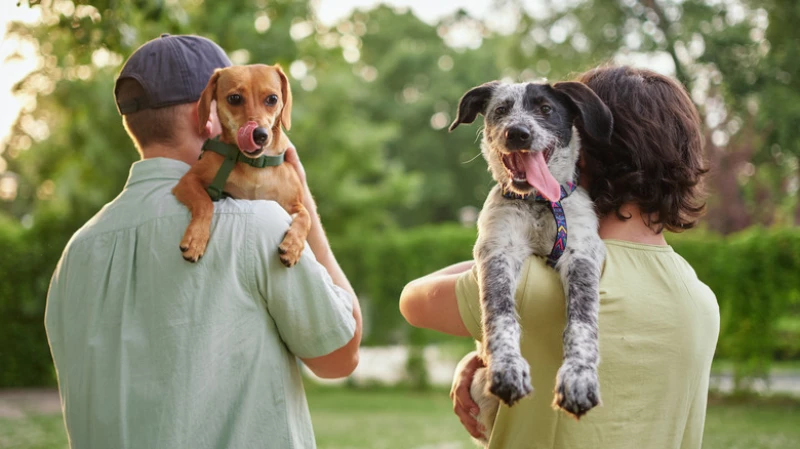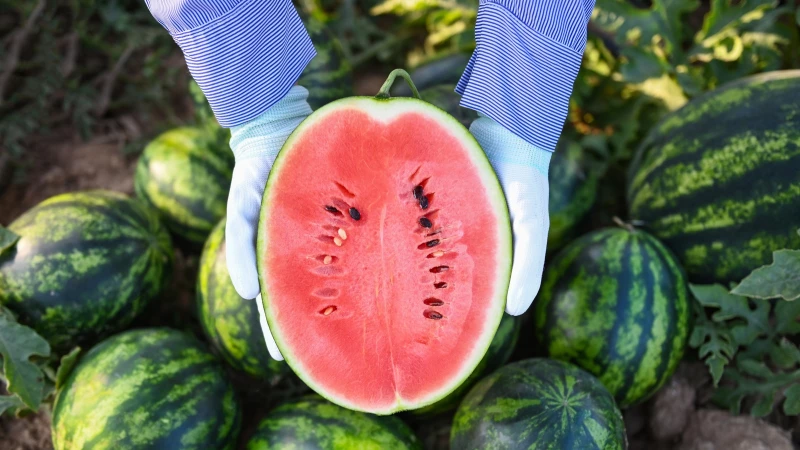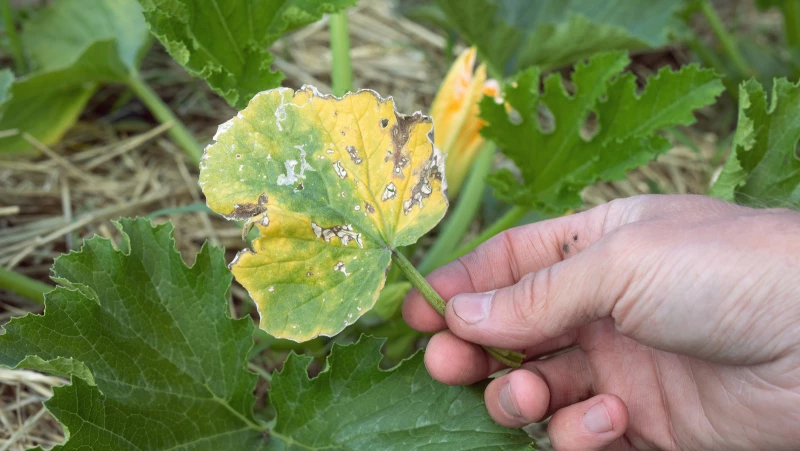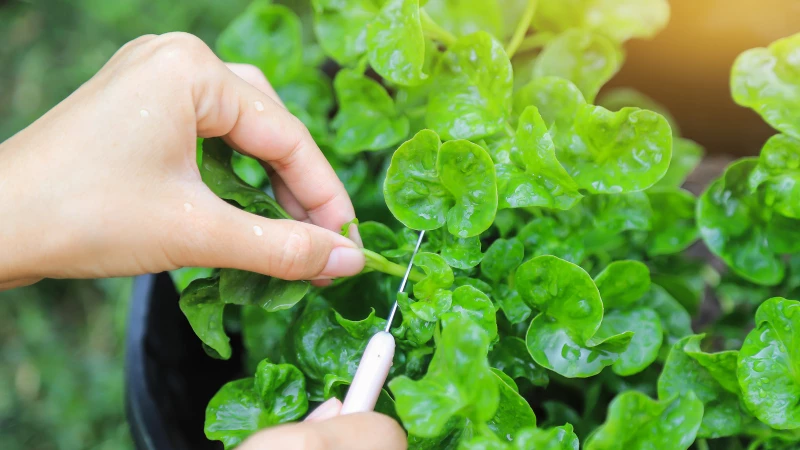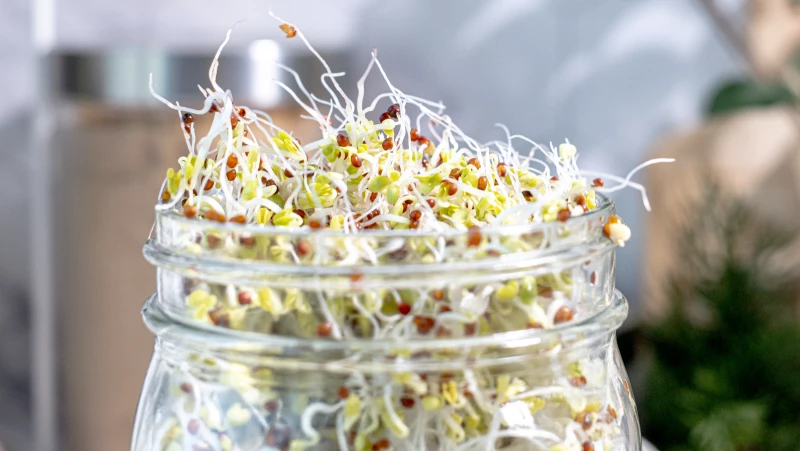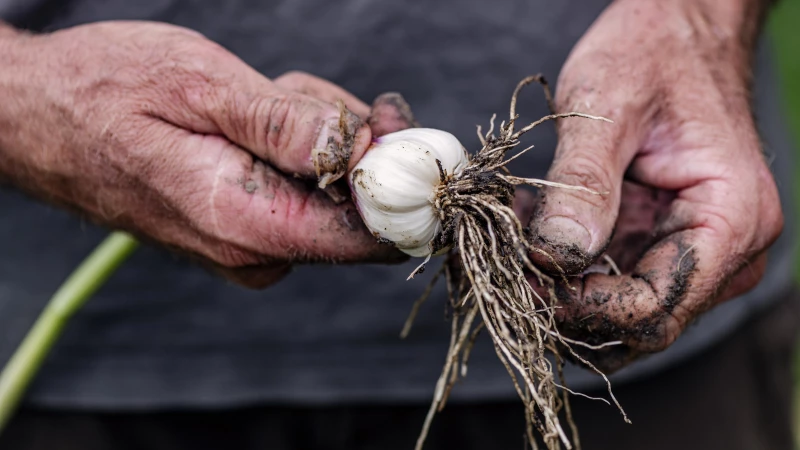Imagine the joy of stepping into your backyard and picking a fresh plum from your own tree whenever you please. It's a delightful experience for sure. However, if you have a dog that loves to chew on everything, you might want to reconsider planting fruit trees. Many fruit trees produce fruit with toxic pits or seeds that could be harmful to your furry friend. So, before you decide to plant a fruit tree in your yard, there are a few things to think about.
Even if you're diligent about picking up fallen fruit, there's always a chance that a wild animal or your dog could grab it first. To prevent this, you may want to consider investing in a net to surround the tree or place it beneath the tree above the ground. This will help keep the fruit off the ground and out of reach of wildlife, reducing the risk of pits and seeds ending up in your yard.
"Garden netting is probably the best solution for protecting fruit from squirrels, as well as birds," shared gardening expert Joshua Siskin. "The entire tree will need to be wrapped so you would probably want to keep your trees at a height of eight to 10 feet, a recommended practice in any case due to the ease of harvest when a fruit tree is kept at that size."
Why are pits and seeds toxic to pets
Let's say you're growing a peach tree in your backyard. Choking might be your first concern if a rogue peach pit catches your dog's eye. Although that is worrisome, a larger problem persists for that pup. Fruits like peaches, avocados, apricots, plums, cherries, and apples all have seeds or pits that contain cyanide — which, if you didn't know, is poisonous. These toxic pits and seeds also pose a risk to other animals like horses and cats as well, giving you a good reason to keep your pets out of your garden or yard orchard.
Veterinarian JoAnna Pendergrass mentioned that a dog doesn't even need to eat something like a plum pit for it to harm them. A bite to unleash the toxin is all it takes for your dog to get very sick. If your dog happens to chomp on or swallow a pit or seed, you need to contact the Animal Poison Control Center right away.
It isn't just the pits and seeds you need to be careful of. The fruits mentioned above with cyanide-laced insides also have traces of the poison on the outside too. Stems and leaves can also contain the toxin and are easily digested by an unsuspecting dog.

